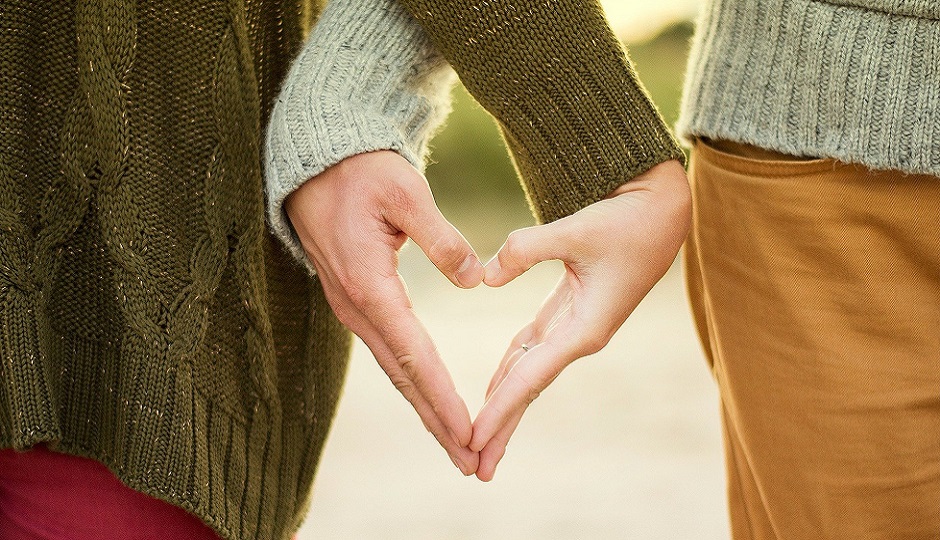
Young people on the spectrum say they have fewer sexual experiences than those who are not despite being equally motivated, and nearly 50% of young women on the spectrum report negative sexual experiences. It has also been found that young people with autism are more likely to identify as LGBTQIA+. More so than non-autistic young people, they seek a partner who, above all, shares their interests.
In response to these needs, sexual education programs must be expanded beyond the biological aspects of sexuality to address sociosexual facets including intimacy, self-respect, mutual consent, understanding of the intentions of others and verbal and non-verbal communication in love relationships. However, providing sexual education and developing interventions to address the specific needs of young people on the autism spectrum remains a challenge for education and social services stakeholders. .
The consideration of these needs prompted the research led by Marie-Hélène Poulin, who outlines recommendations to adapt content in regular classrooms, hire sexologists in school service centres, provide teachers with training and support and develop partnerships between school spaces and health and social services networks so, like their non-autistic peers, young people on the spectrum can experience healthy and fulfilling love and sex lives.
Main researcher
Marie-Hélène Poulin, Université du Québec en Abitibi-Témiscamingue
Appendice 1 , Appendice 2 , 3 – Guide Éducation à la sexualité : prendre en considération certaines caractéristiques des jeunes autistes, Appendice 4 , Appendice 5 , Appendice 6
Deposit of the research report: February 2021
